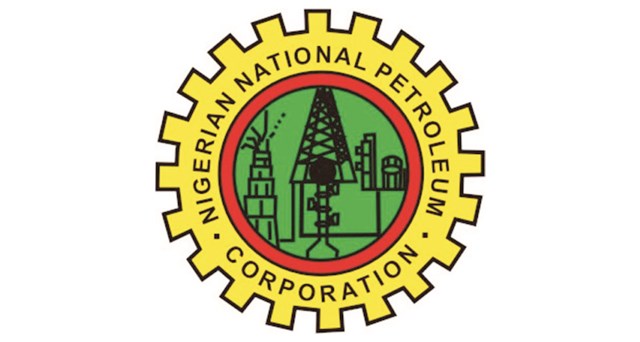Oil & Energy
137 Pipelines Points Vandalised In February – NNPC

No fewer than 137 pipelines points were vandalised in February which represents a 40 per cent drop when compared to the reported incident in January, according to Nigerian National Petroleum Corporation (NNPC).
The corporation made the fact known in its Monthly Financial and Operation report released in Abuja, on Sunday.
It said: “A breakdown of the report indicated that in February 2019, a total of 137 pipeline points were vandalised which translated to 40 per cent drop from the 230 points vandalised in January 2019.”
It noted that Mosimi-Ibadan petroleum products pipeline accounted for 72 per cent of the breaks while Kaduna, Port-Harcourt, Warri and Gombe lines made up the remaining 28 per cent.
The report attributed the drop in the line break to efforts by NNPC, the local communities and other stakeholders to reduce and eventually eliminate pipeline vandalism.
On crude oil export sales, it said that the NNPC posted a total export sale of crude oil and gas of 490.03 million dollars in February which was 32.45 per cent higher than the previous month’s sale.
It added that crude oil export sales contributed 350.29 million dollars (71.48 per cent) of the dollar transactions compared with 240.23 million dollars contribution in the previous month.
The report, which is the 43rd edition, explained that gas export sales amounted to 139.74 million dollars in the month under review.
It added that the February 2018 to February 2019 crude oil and gas transactions indicated that crude oil and gas worth of 5.94 billion dollars was exported.
On petrol supply and distribution, it said 1.27 billion litres of product translating to 45.53 million litres/day was supplied for the month under review.
“On the Downstream Sector, the corporation has continued to diligently monitor the daily stock of Premium Motor Spirit (PMS), otherwise called petrol, to achieve smooth distribution of petroleum products and zero fuel queue across the nation,” it said .
In terms of natural gas off-take, commercialisation and utilisation, the report indicated that within the period, daily average natural gas supply to gas power plants increased by 8.23 per cent to 819.85 million standard cubic feet (mmscf).
This, it said was equivalent to power generation of 3,336 MW.
“The figure is an improvement from the January 2019 record where an average of 757 mmscfd was supplied to generate 3,124 MW.
“Also, out of the 223.23 billion cubic feet (bcf) of gas supplied in February 2019, a total of 127.62bcf of gas was commercialised consisting of 37.77 bcf and 89.85 bcf for the domestic and export market respectively.
” This translates to a total supply of 1,349.03 mmscfd of gas to the domestic market and 3,780.24 mmscfd of gas supplied to the export market for the month,” It said.
This it noted implied that 57.17 per cent of the average daily gas produced was commercialised while the balance of 42.83 per cent was re-injected, used as upstream fuel gas or flared.
“Gas flare rate was 9.51 per cent for the month under review which is 757.94 mmscfd, compared with average gas flare rate of 9.52 per cent that is 750.01 mmscfd for the period February 2018 to February 2019,” It said.
Oil & Energy
Supermajors Bet Big on Long-Term Oil Demand

Oil & Energy
Stakeholders Lament Poor Crude Oil Supply To Indigenous Companies …..Urges President To Pressure NNPCL To Prioritise Local Refineries

Oil & Energy
Investors Raise $500m For Solar Manufacturing – Adelabu

-
Education5 days ago
UniPort VC Lauds PCRC, NDLEA, Others on Drugs Campaign
-

 Business5 days ago
Business5 days agoPartnership ‘ll Boost Revenue Generation At KIDP
-

 Editorial5 days ago
Editorial5 days agoIn Support of Ogoni 9 Pardon
-

 Nation5 days ago
Nation5 days agoHYPREP, Contributing To National Peace, Development- Zabbey
-

 News5 days ago
News5 days agoEU, France, Nigeria sign €10.2m deal to boost local medicine production
-

 Niger Delta5 days ago
Niger Delta5 days agoBayelsa Gives Ultimatum To Ogbia Kingdom Over Leadership Tussle
-
Education5 days ago
800 students gains Admission Into Federal University of Environment And Technology,Ogoni…vc
-

 Business5 days ago
Business5 days agoFG Seeks Fresh $1b World Bank loan To Boost Jobs, Investment

